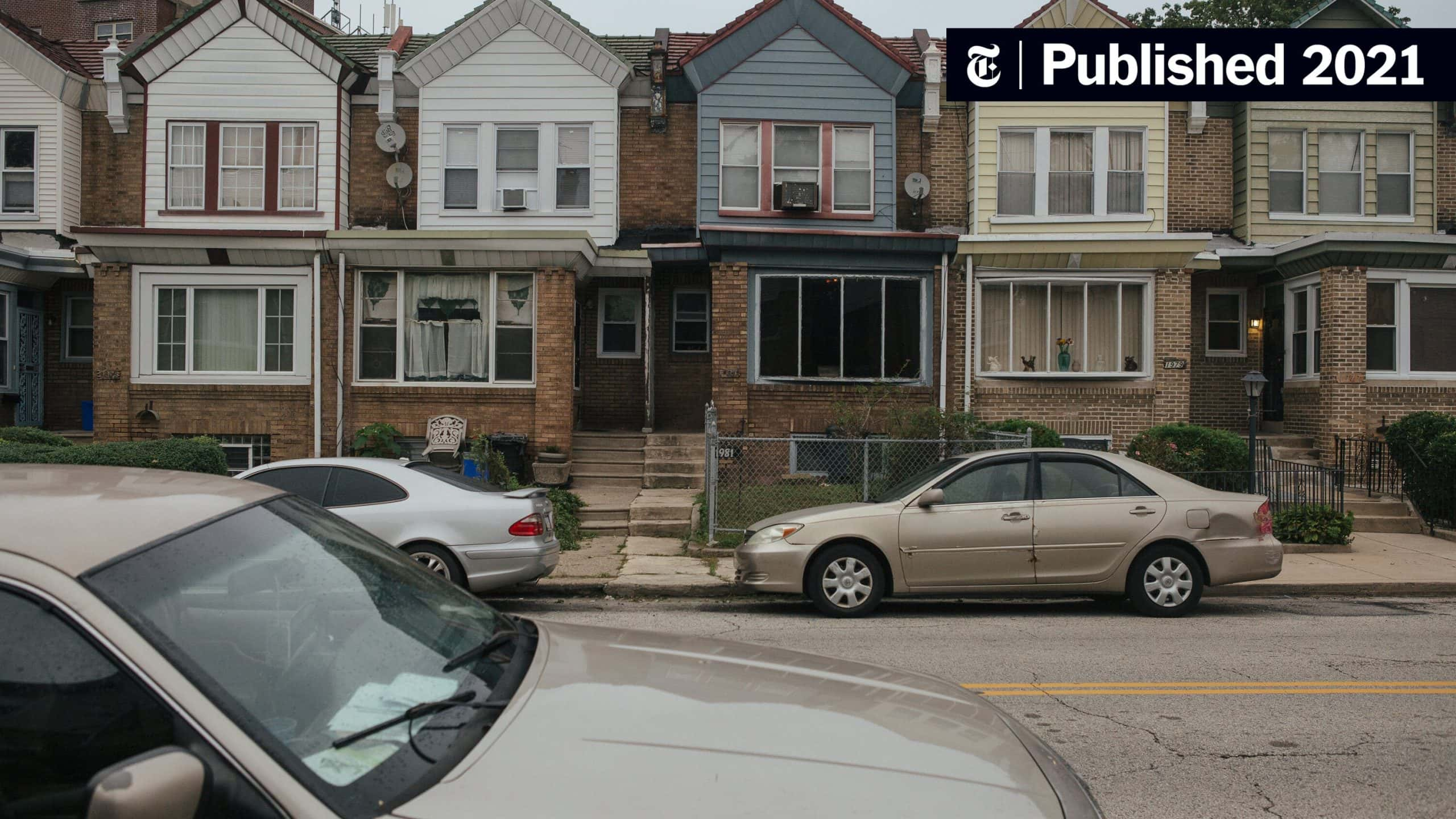According to recent research, the racial inequality in property ownership between Black and White individuals may be significantly reduced if a homeowner voucher scheme were widely adopted.

Collaboration Between Housing Authorities, Lenders, And Other Programs
The Urban Institute, Urban Strategies Inc. (USI), and JPMorgan Chase funded the study, which found that more Housing Choice Vouchers (HCV) might help reduce the racial disparity in homeownership, which is at its highest level in 50 years. Allowing households with an HCV to use it for mortgage payments rather than rent would be a huge adjustment.
One significant aspect is the disproportionate financial burden that mortgage costs place on Black potential homebuyers. Due to income disparities and systemically discriminatory regulations, Black non-Hispanic households receive over half of all vouchers.
For first-time homebuyer programs to be implemented successfully, collaboration between housing authorities, lenders, and other programs is crucial, according to a summary.
READ ALSO: Republican Study Committee Proposes $16.3 Trillion Budget Cut To Target Democratic Policies
Homeownership Vouchers Are Limited In Scope And Reach
Prejudice in the past has resulted in uneven access to property ownership and its benefits. A poor-quality home requires more upkeep and has comparably higher property taxes. The past redlining and current discriminatory financing policies have both made it difficult for black households to get high-quality homes.
The key findings of the Urban Institute study are as follows:
- The HCV homeownership effort is limited in scope and reach.
- Homeownership vouchers are utilized more commonly in areas with lower housing prices and fair market rent.
- Homeownership voucher recipients who make up the majority of residents in public housing organizations are frequently neither Black or Hispanic. However, four of the five PHAs with the greatest participation counts—Philadelphia, Chicago, New Orleans, and Louisville—serve mostly Black non-Hispanic households in their programs.
- Foreclosure and nonpayment are uncommon.
The creation of a separate class of homeownership-focused vouchers, an extension of the HCV homeownership program’s subsidy duration, higher participant income limits, and greater funding for the lump sum/down payment option are all potential solutions to the voucher gap.
Urban Ways, Inc., a national nonprofit pioneer established in 1978, has a lot of experience implementing results-driven human capital development approaches in locales undergoing physical regeneration. Visit its website at www.urbanstrategiesinc.org.
The Urban Institute is a nonprofit research organization that provides knowledge and evidence to promote equality and upward mobility, enhance family and community well-being, facilitate informed decision-making, and promote inclusive economic growth.
READ ALSO: Biden’s Plan To Forgive Student Loan Debt Could End Up In Bankruptcy




